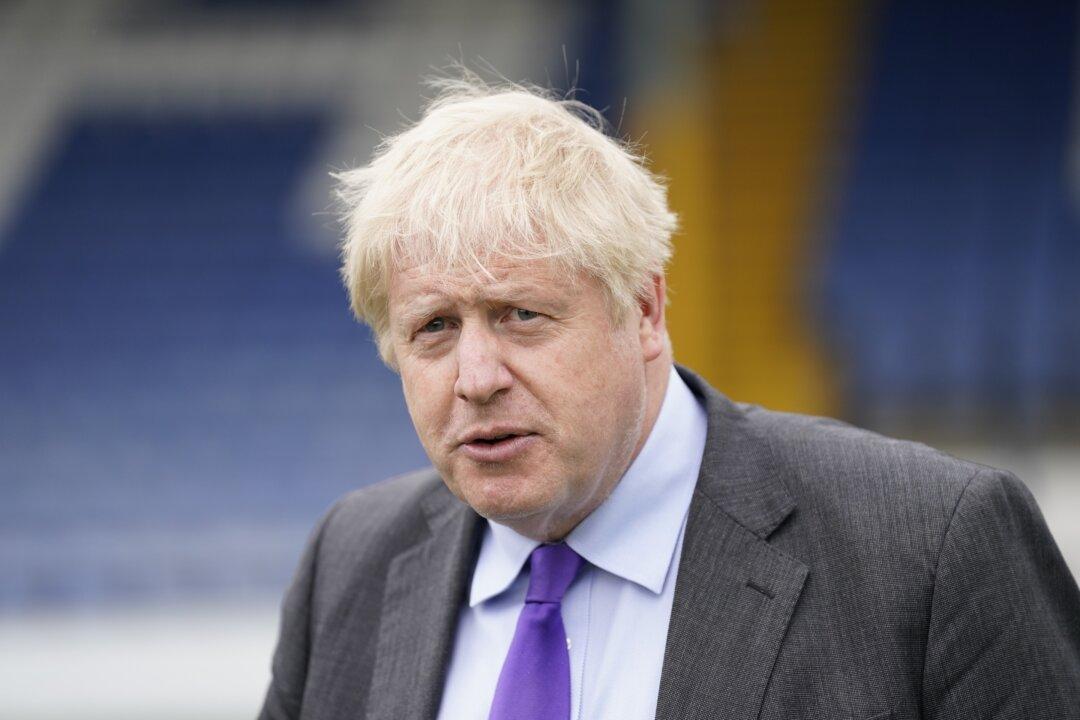British Prime Minister Boris Johnson has played down fears that Russian President Vladimir Putin might order the use of nuclear weapons to avoid defeat in Ukraine.
He dismissed the idea that Putin will feel under pressure to escalate the conflict further, arguing that the Russian leader has the “political margin for manoeuvre” to back down.





